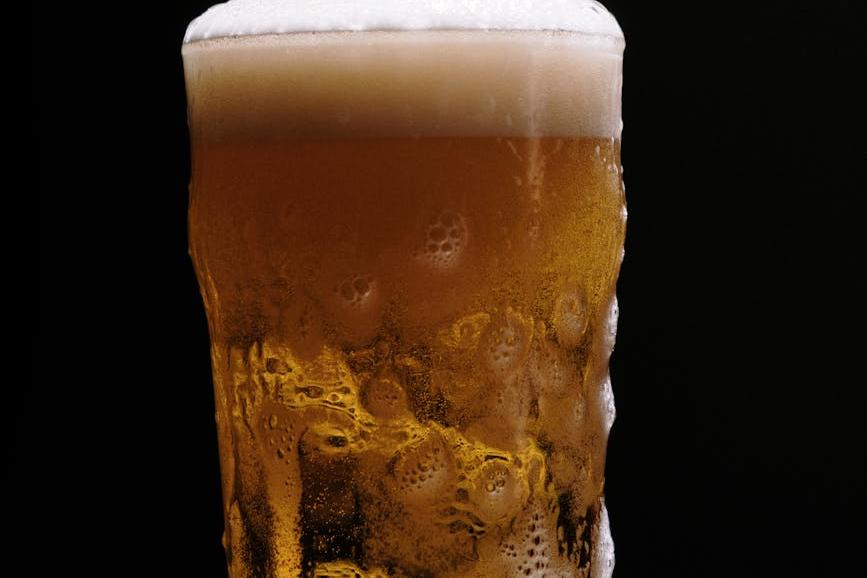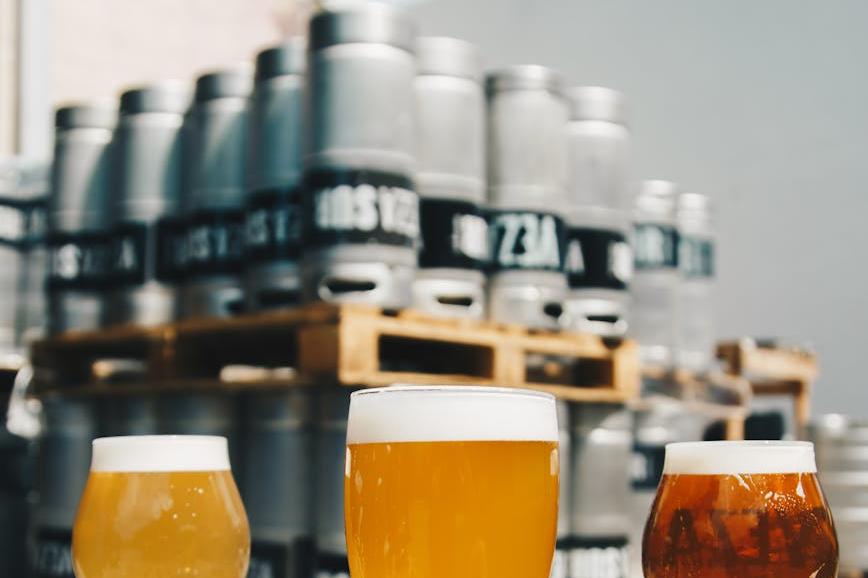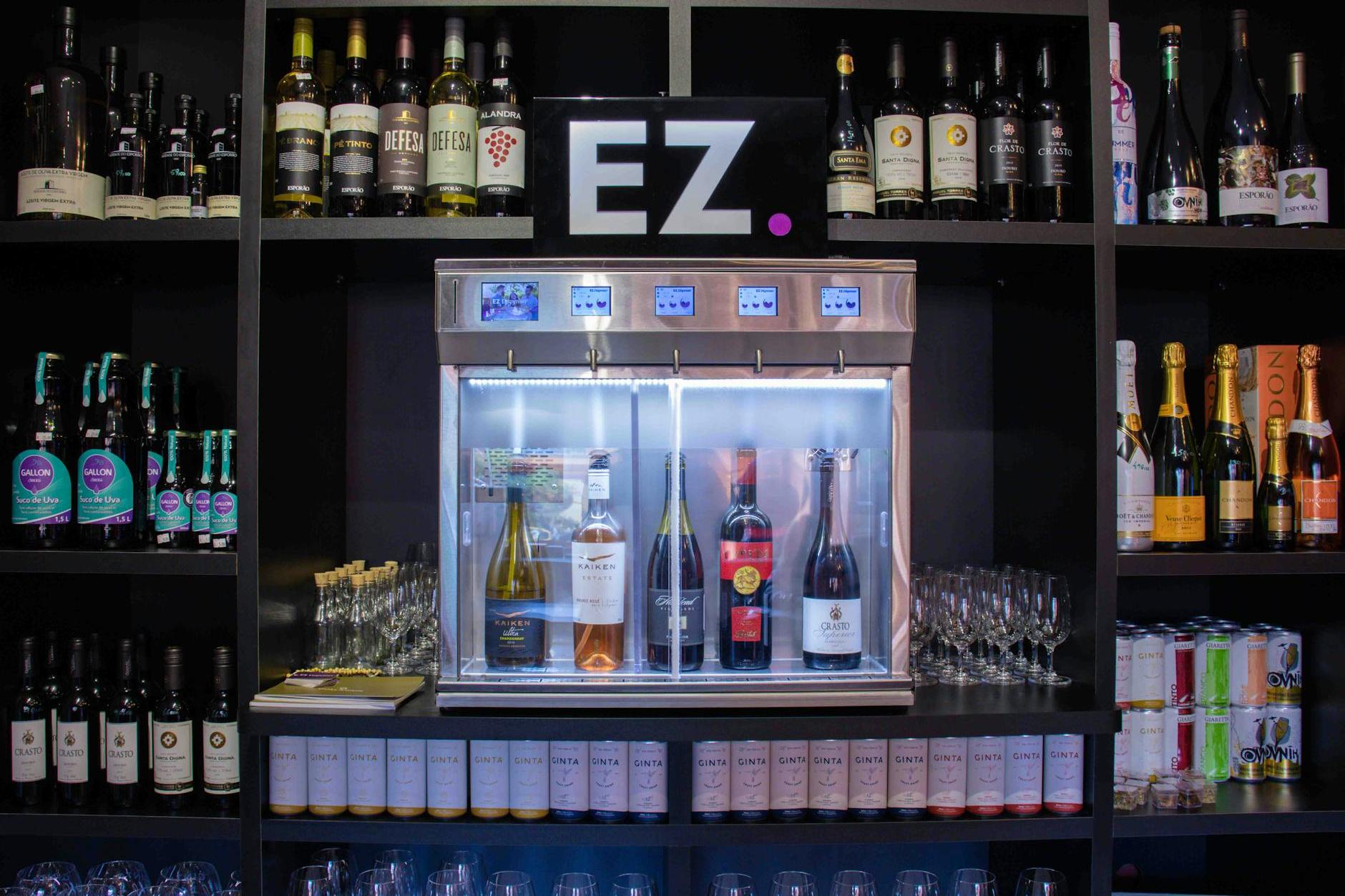- Shanghai Zhongshen International Trade Co., Ltd. - Two decades of trade agency expertise.
- Service Hotline: 139 1787 2118

Contents
ToggleThe Chinese Customs Code for German Beer
As the festive cheers of Oktoberfest echo, Chinese importers are already calculating how to bring this authentic flavor to the dining tables of their compatriots. As a "veteran customs broker" who has served 37 alcoholic beverage import companies, I've found that 80% of disputes stem from a misunderstanding of these three words—"I thought."
The market landscape is rewriting the rules.
According to 2024 data from the German Beer Association, the number of beer brands exported to China has increased by 218% compared to pre-pandemic levels, but 14% of these products failed to enter circulation due to compliance issues. Behind these cold statistics lie the shattered "beer dreams" of countless importers.
- Exclusive Agency Trap:A Bavarian family-owned winery demanded a 2 million euro deposit while concealing the fact that its export license was about to expire.
- Logistics Undercurrents:A Qingdao trader caused secondary fermentation of an entire container of beer in equatorial waters due to not using a temperature-controlled container.
- Label Wars:Shanghai Customs has seized 67 batches of German dark beer this year that were not labeled as "containing wheat protein."
The Life-and-Death Race of Three Proxy Models
| Pattern Type | Advantages | Risk points |
|---|---|---|
| Exclusive agency | Pricing power control | Minimum Order Quantity (MOQ) Trap |
| Regional distribution | Low financial pressure | Risk of cross-regional sales |
| OEM customization | High profit margin | Minimum order quantity requirement |
5 Hurdles You Must Overcome to Clear Customs
- It is recommended to verify through the following methods:The Tricks of Ming:German Chamber of Commerce Certification ≠ Chinese Customs Approved Format
- The Secret of Transport Temperature Zones:The Cold Chain Differences Between Ale and Lager Beers
- The Arithmetic of Taxation:The combined tax rate of customs duty + VAT + consumption tax may be as high as 56%.
- Expiration Date Game:Maritime TransportationThe time should be controlled within one-third of the shelf life indicated by the alcohol content.
- Anti-counterfeiting label:Starting from 2025, all imported beers must be affixed with a traceability QR code.
Inspiration from Real Cases
Success Case:A northwestern importer successfully reduced the tariff rate on dark beer from 35% to 15% through a pre-classification application, saving 110,000 yuan per container. The key was accurately declaring the production characteristics as "unfiltered wheat beer."
Failure Case:A company in Shenzhen was forced to return 800,000 RMB worth of beer due to the use of an unregistered warehouse for storage, resulting in direct losses including additional costs such as container detention fees and port storage fees.
The Golden Three Questions for Selecting a Service Provider
- Can you provide local factory inspection services in Germany?
- Do you have experience in handling the return of alcoholic beverages?
- Is the customs clearance time frame included in the service contract?
When you are ready to raise the golden cup of the German beer market, remember: a truly professional service provider should treat hops like a Munich brewer, valuing both the worth of traditional craftsmanship and the precision of modern testing equipment.
Related Recommendations
? 2025. All Rights Reserved. Shanghai ICP No. 2023007705-2  PSB Record: Shanghai No.31011502009912
PSB Record: Shanghai No.31011502009912










